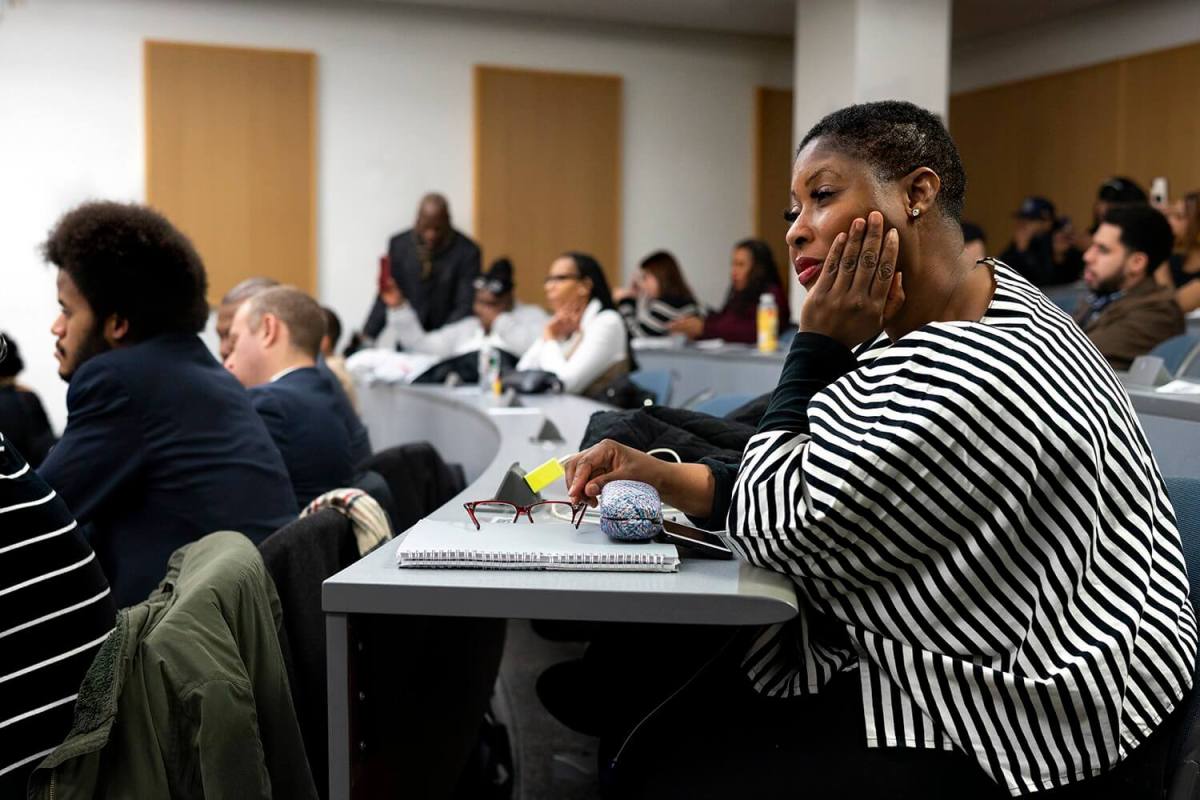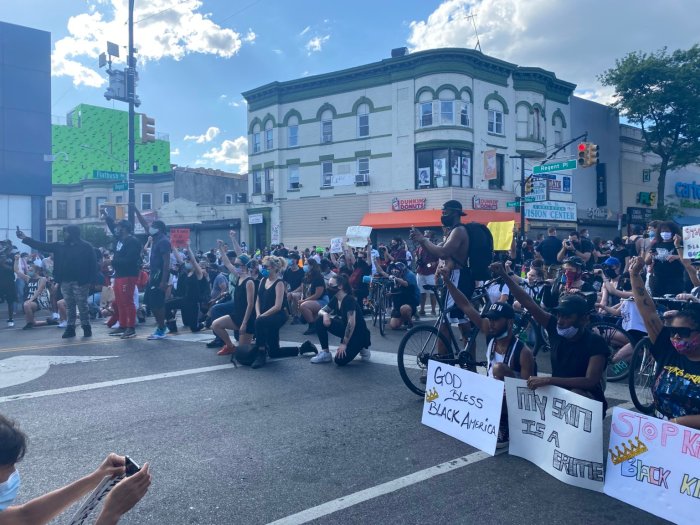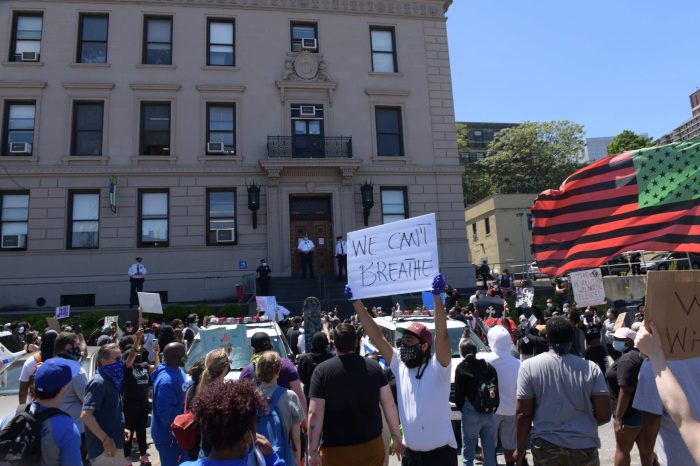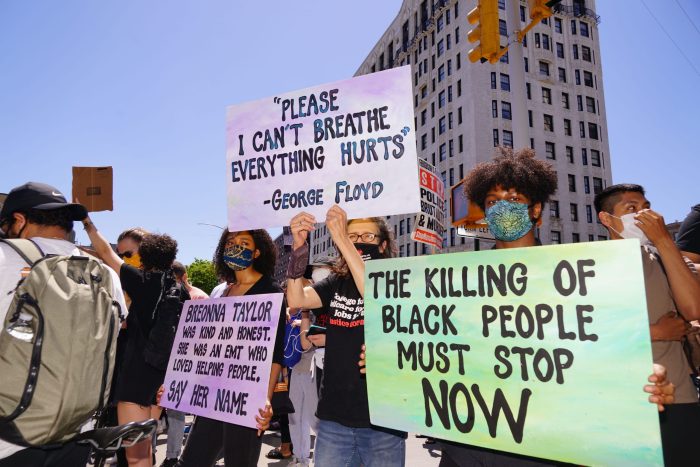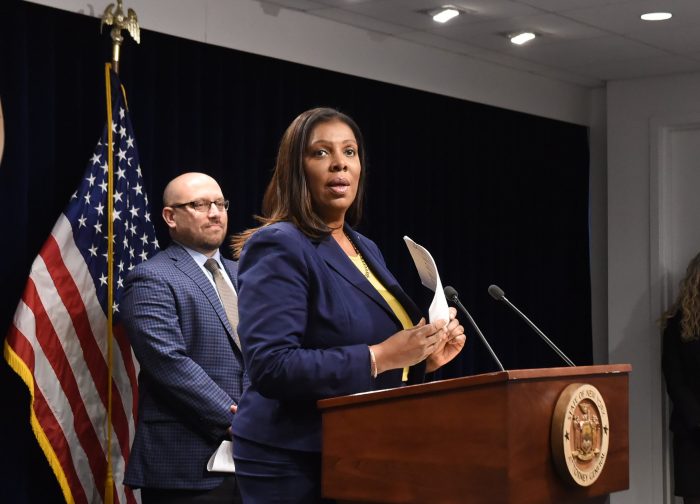Assemblymember Dan Quart (D-Murray Hill, Lenox Hill) still remembers a moment from a case he presided over three years ago as a criminal defense attorney. As he recalls, it was 4:15 on Friday, and he was present at a bail hearing for a homeless man charged with petty larceny and a few other misdemeanors.
“The bail hearing, I remember, was pretty heated,” said Quart. “Because the point was, this was a person of no economic means. So why would we seek bail? Why would we put a dollar figure on somebody who didn’t have a dollar in his pocket, let alone the 500 dollars that they ultimately issued for bail?”
Five minutes later, Quart saw the homeless man’s public defender running around the courtroom, looking for a charitable bail fund to come up with $500 for his client. Ultimately, the homeless man went to Rikers Island, where he stayed until the following Monday.
“That, in a nutshell, is the absurdity of the bail laws that were in effect for 53 years,” said Quart. “I say ‘were’ because in April of last year, we limited cash bail with the passage of a new law.”
That new law, and its public reception, were the centerpiece of a public forum on bail reform in Harlem last night.
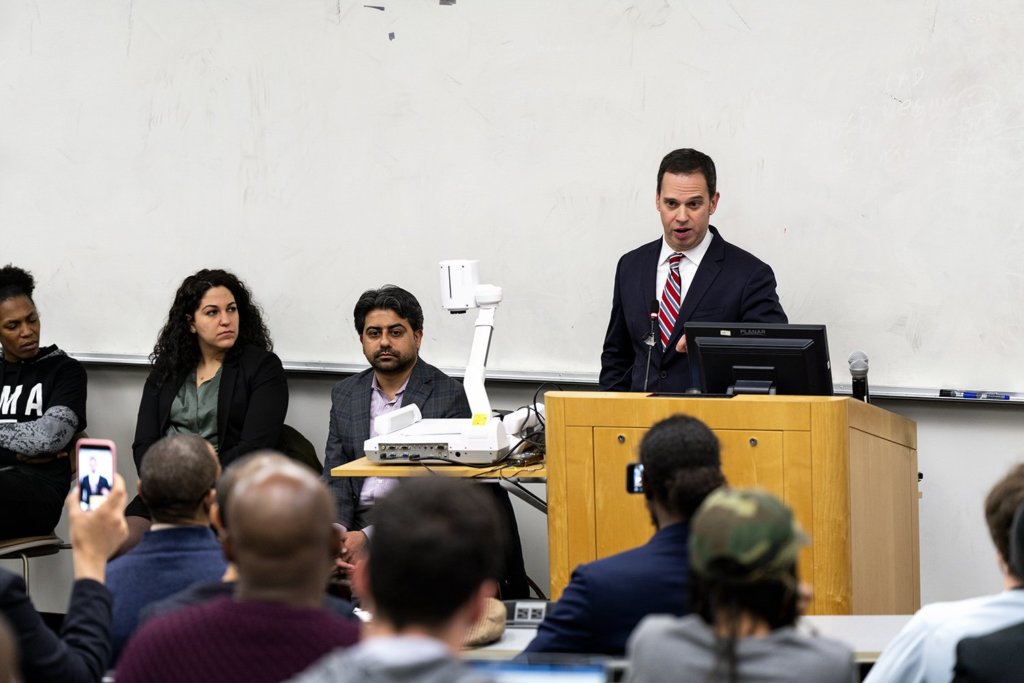
The event took place last night at Touro College, 230 West 125th St. It was hosted by Dan Quart and Public Advocate Jumaane Williams, although the latter could not attend due to illness. The event also saw appearances from Manhattan Borough President Gale Brewer (D) and Assemblymember Al Taylor (D-Hamilton Heights, Harlem).
Last April, Governor Andrew Cuomo (D) signed a law banning criminal courts from setting cash bail for misdemeanors and nonviolent felonies.
After the law’s enactment on Jan. 1, 2020, it garnered a fair amount of backlash from New Yorkers, who feared that it would lead to an uptick in crime. The fear, as it turned out, was not entirely unfounded; on Jan. 10, the New York Daily News published a front-page article about a homeless man who was released without bail after being charged with assault.
But Gale Brewer argued that instances like those, on their own, don’t make for a convincing case against bail reform. For that, we’d need data showing that the instances are part of a larger trend.
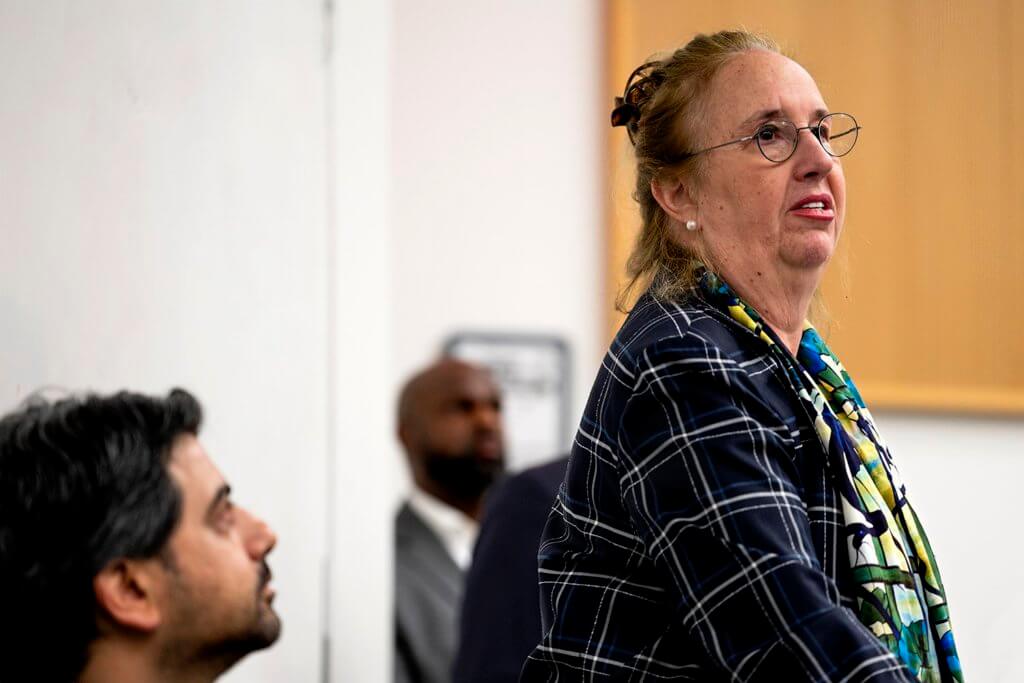
“Before you start bustling about changing something, you have to have the data,” said Brewer. “We don’t have that data yet; it’s been a short period of time. The high-profile cases that got the attention of the media have been sensationalized.”
Meanwhile, Dan Quart took the time to address some of the proposed changes to the new bail law. Last month, State Senator Patrick Gallivan (D-Erie, Wyoming) suggested that the state should be allowed to post bail for defendants whom the courts perceive as “dangerous”.
Quart pointed out that, more often than not, “dangerous” is a dogwhistle for “black and poor”. This, he said, is precisely the kind of systemic inequality that the new law seeks to correct.
“Let’s be blunt; ‘dangerous’ in the courtroom, has meant ‘black’,” said Quart. “The numbers are blunt. They tell the story over 30 to 40 years. The word ‘dangerous’, in this toxic cocktail of judicial overcharging by district attorneys, is another way to punish poor people, who are disproportionately black and brown men.”
After saying their piece, the electeds gave the floor to a panel of experts, consisting of Giles P. Malieckal, licensed critical social worker (LCSW); Lauren Gottesman, staff attorney for the Legal Aid Society; Tamika Graham, director of canvassing at JustLeadershipUSA; and Lee Rowland, senior staff attorney at the American Civil Liberties Union (ACLU).
The panelists largely echoed the sentiments of the electeds, arguing that the bail reform law was a vital step towards making New York a more equitable city.
Tamika Graham facetiously claimed that the only problem with the bail reform is that it’s “saving too many lives”.
“We’ve released thousands of people,” said Graham. “That means thousands of people who didn’t lose their jobs, didn’t lose their homes, didn’t lose their children. So that’s the issue; what happens when you free too many black and brown people?”
Graham went on to debunk the argument that the new law will make our streets more dangerous. Dangerous people, she said, generally don’t receive bail.
“You can’t receive a bail if you are unsafe to your community,” said Graham. “If you’re a harm or threat to society, they’re not gonna issue you a bail. Those people who received bails weren’t considered dangerous. The problem was that they couldn’t afford their freedom because of the ransom over their head. So the problem isn’t with bail reform; it’s with the people who want to keep us oppressed.”
Lee Rowland said that, at this stage, our primary objective should be combating misinformation about the law (and the bail system in general) in order to quell the public panic.
“Be skeptical; challenge the narrative,” said Rowland. “These conversations are happening in our communities, in your communities. We need to hold their feet to the fire and ask skeptical, critical questions, because they’re playing fast and loose with a lot of facts.”



